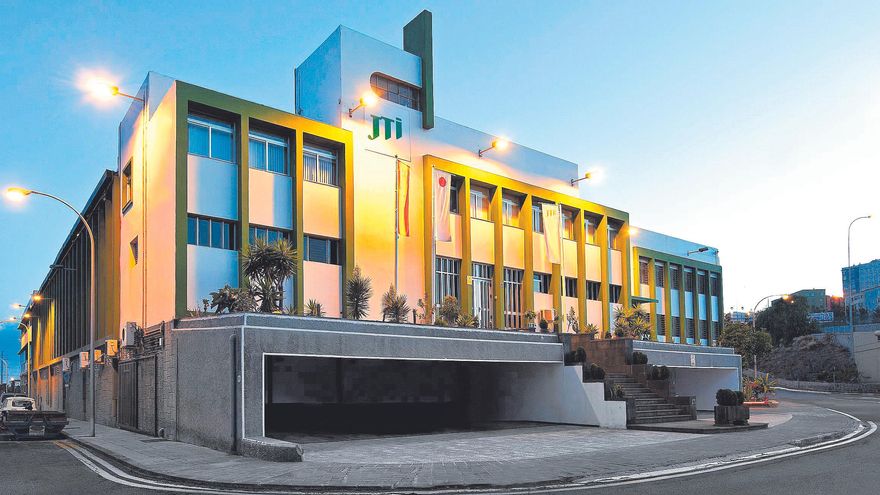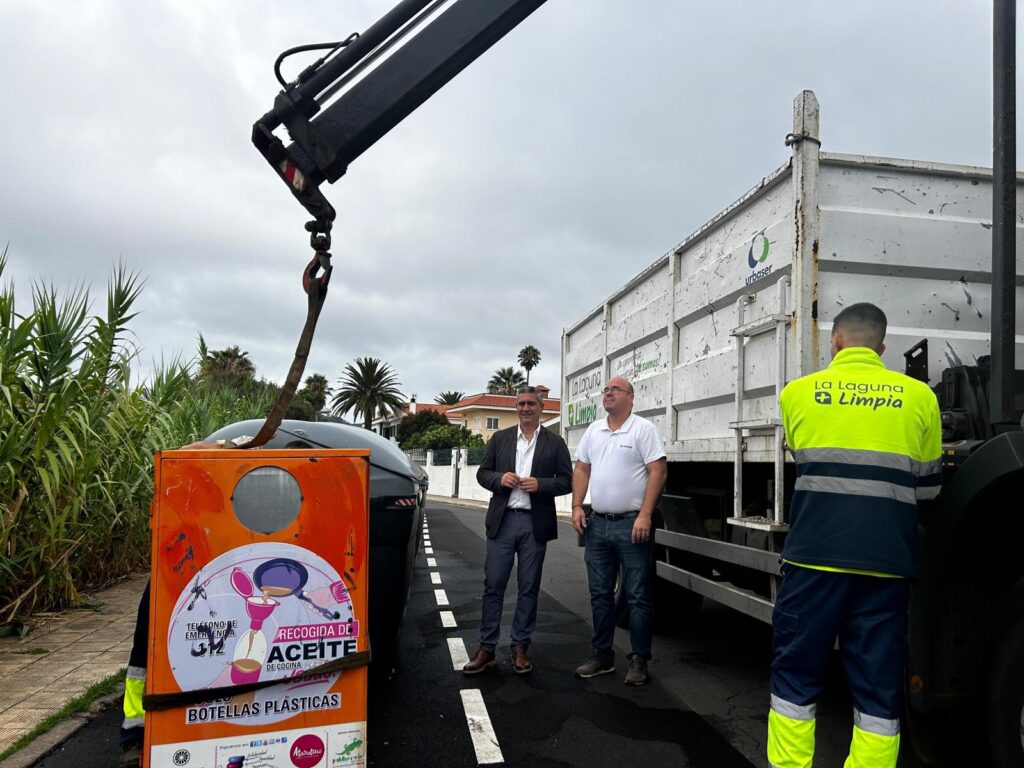
The Japanese multinational JTI will transfer the production of some formats of the emblematic Winston and Camel brands from Germany and Poland, where they are currently manufactured, to Tenerife. For this, an investment of 46 million euros will be allocated, mainly aimed at the installation of new high-speed production lines, the renewal of manufacturing equipment to comply with the new traceability requirements in the cigarette category and to promote different measures linked to the sustainability of the center. This move will mean a 40% increase in the plant’s productive capacity.
To understand the magnitude of this milestone, it is enough to point out that the new references that will be manufactured in Tenerife will contribute to significantly raising the volume of total tobacco exports in the Canary Islands, placing them, according to JTI estimates, at a level higher than those of bananas. , flagship of the Archipelago’s trade.
The institutional commitment, together with legal certainty, incentives for transport and foreign trade, as well as good Canarian work, are factors that have contributed positively to large companies such as JTI deciding to invest again in the Canary Islands. In 2022, for example, the Ministry of Tourism, Industry and Commerce of the Government of the Canary Islands presented the Canary Islands Industrial Development Strategy 2022-2027, an ambitious package of measures that sought to increase industrial GDP by 25% in 5 years, increasing, among other actions, the base of industrial companies that export regularly.
The new assignment allows for the consolidation of jobs linked to the sector
Guilherme Silva, general director of JTI Iberia, has highlighted, coinciding with this important announcement, the close link that unites JTI with the Canary Islands, “a region that constitutes a strategic asset due to its deep-rooted tobacco tradition and its deep knowledge of this sector,” he points out.
For this reason, the manager adds: “When all the large tobacco production centers in Spain began to close, JTI decided to redouble its commitment to the Canary Islands and not only keep the Tenerife factory active, but to completely remodel it and entrust it with new challenges and Projects”. Thanks to this, the Tenerife plant has become one of the most cutting-edge manufacturing centers in Europe, capable of competing reliably with the other 37 factories that JTI owns in the world.
“In 2017, the company decided to move the manufacturing of soft packs for the peninsular market from Romania to Tenerife, thereby increasing production by 10%. A year later, we inaugurated an export center for cigarillos (cigarettes covered with tobacco leaf), centralizing all of JTI’s European production in this category,” recalls Silva.
The gradual increase in production and sustained investment over time will raise the total value of JTI’s exports to above 65 million euros. This “allows us to reinforce a strategic sector for the canarian communitythe tobacco maker, consolidate the jobs linked to the factory’s activity and, above all, highlight the quality of the products made in the Canary Islands to the world.”
Sustainability and economic development
“We want to integrate sustainability into all day-to-day decisions, no matter how small they may seem. Competitiveness and sustainability must go hand in hand for things to really work, and that is why environmental protection plays a key role in all phases of the manufacturing process of our products,” explains Tomasz Gawinski, director of the JTI factory in Tenerife.
With this increase, the level of tobacco exports will exceed that of bananas
With this objective, the investment that will be made in this new stage includes specific items to improve work safety, productive efficiency and energy use of the factory.
“We will continue to advance in the integration of systems that allow better management of water, raw materials, waste and, of course, energy. Regarding the latter, at the end of the year we will take a big step on the path towards self-sufficiency by completing the installation of photovoltaic panels on the exterior façade of our factory. These panels will allow us to generate 25 percent of the energy we consume and for it to also be clean, of solar origin,” concludes Gawinski.
















